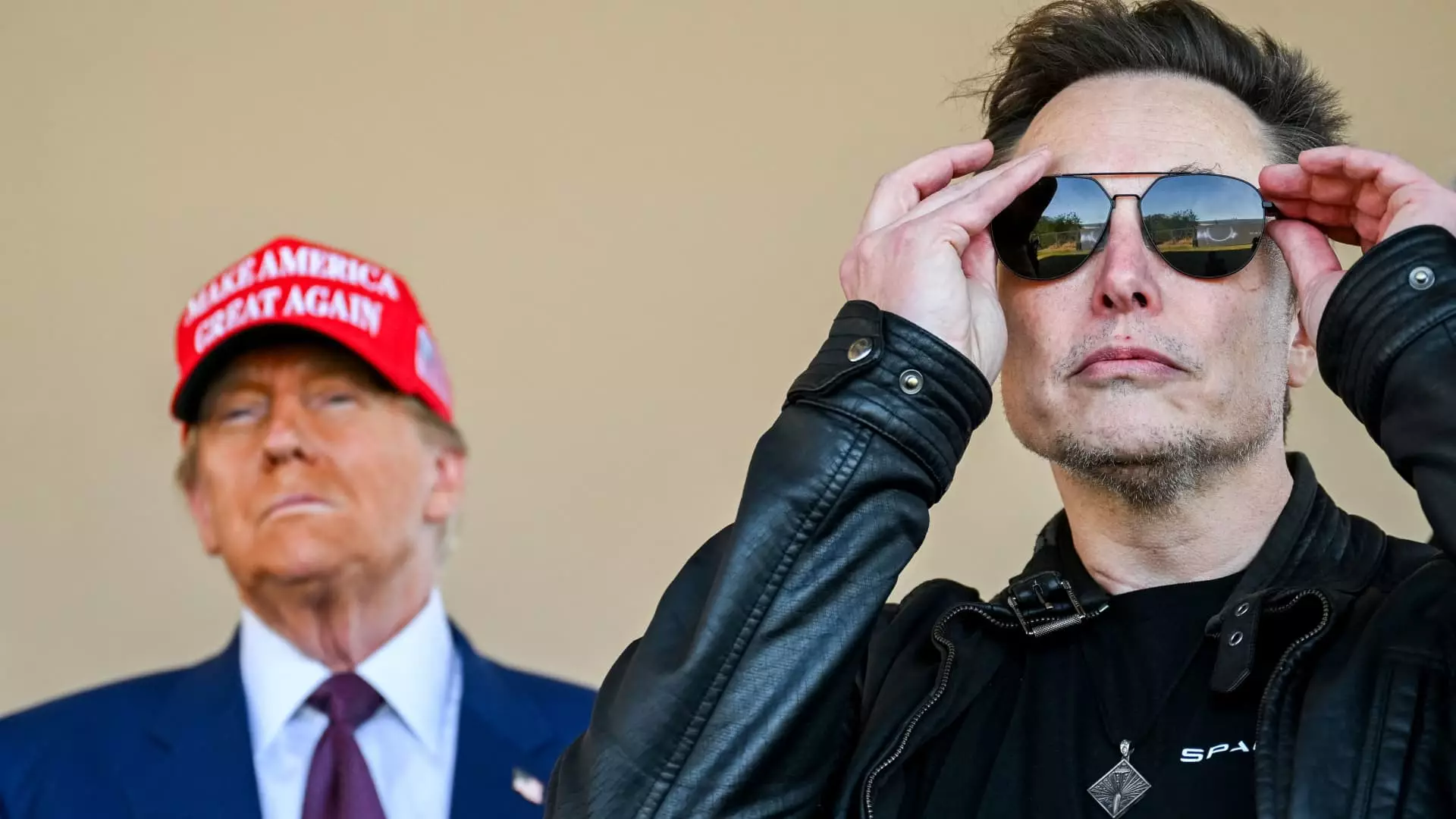On December 5th, a significant meeting is set to take place on Capitol Hill, with prominent figures Elon Musk and Vivek Ramaswamy engaging in discussions about governmental reform with Republican congressional leaders. Announced by House Speaker Mike Johnson, this gathering highlights a collaborative effort aimed at rethinking federal regulations and fiscal policies. Their engagement underscores the commitment of the GOP to consider bold reforms, driven by entrepreneurial insights and efficiency-driven perspectives. The meeting is anticipated to focus on potential pathways for reducing federal expenditures, administrative bloat, and overall inefficiencies that are often criticized within the U.S. government.
Musk and Ramaswamy have recently been appointed co-chairs of a newly proposed advisory commission named the Department of Government Efficiency (DOGE). The commission’s purpose appears to be multiple-fold, primarily aiming to advise the White House Office of Management and Budget (OMB). This suggests that their recommendations could lead to impactful changes in how federal budgets are created and allocated. Initial reports indicate an ambitious agenda, with goals that include significant cuts to the federal workforce and the potential closure of multiple federal agencies. These ideas, while innovative, invoke intense scrutiny regarding their feasibility and implications for the nation’s labor market.
As articulated in a recent op-ed published in the Wall Street Journal, Musk and Ramaswamy have outlined a controversial set of goals. Their plans encompass drastic reductions in public spending, specifically targeting certain organizations such as the Corporation for Public Broadcasting and Planned Parenthood. While proponents of these measures may argue that they streamline government operations, critics fear that such cuts could diminish vital services and support systems for vulnerable communities. The dynamic landscape of political alliances, particularly in a divided Congress, could further complicate the realization of these proposals.
Despite the ambitious nature of Musk and Ramaswamy’s proposals, the path to their implementation is riddled with challenges. Many of these proposals hinge on congressional approval, which is particularly precarious given the current composition of the House. With Speaker Johnson’s leadership navigating one of the narrowest majorities in recent history, gaining consensus on these sweeping reforms may prove difficult. Lawmakers often prioritize the interests of their constituents, which can conflict with significant cuts to local federal positions.
The direction proposed by Musk and Ramaswamy raises essential questions about the future of government roles, the balance of public and private interests, and the societal impact of such reforms. The potential for substantial governmental overhaul invites both excitement and apprehension among various stakeholders, from citizens reliant on public services to the legislators who represent them. As the nation grapples with these fundamental issues, the upcoming Capitol Hill meeting represents not just a dialogue on efficiency, but also a critical reflection on the shared vision for the federal government’s role in American lives. As discussion unfolds, it remains to be seen how these reform ideas will be received and what the long-term ramifications will entail for the American political landscape.

Leave a Reply